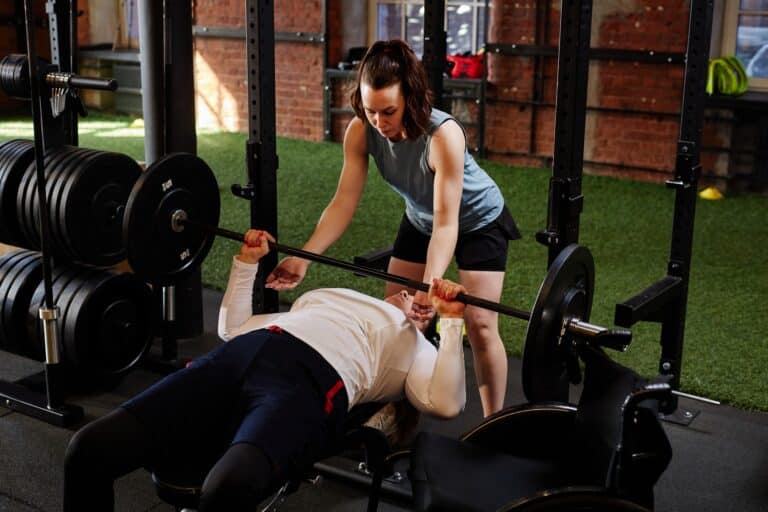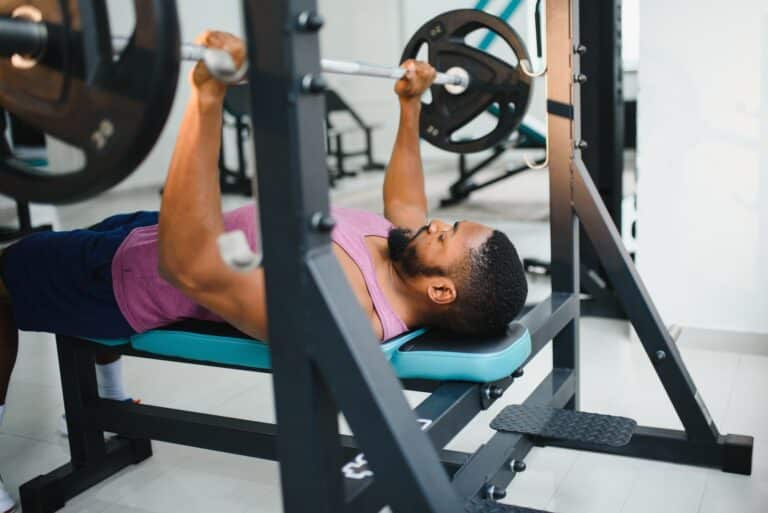Athletic performance is a complex blend of physical conditioning, mental fortitude, and skill acquisition. One of the less talked about but crucial components is motor learning and control. Understanding how athletes learn and refine their movements can significantly impact their performance. This blog post will delve into the theories of motor learning and control, their implications for coaching and training, and how GIFTED Academics’ NSCA CSCS prep course can help you master these concepts.
What is Motor Learning and Control?
Motor learning refers to the process of acquiring and refining skills through practice and experience. It involves changes in the nervous system that allow for improved performance of a specific motor task. Motor control, on the other hand, is the regulation of movement in organisms that possess a nervous system. It involves the integration of sensory information to produce coordinated and purposeful actions.
Theories of Motor Learning
The Cognitive Stage
In the cognitive stage, athletes are introduced to a new skill. They need to understand what to do and how to do it. This stage involves a lot of mental effort as the athlete processes instructions and visualizes the movements. Coaches play a crucial role in this stage by providing clear instructions and demonstrations.
The Associative Stage
In the associative stage, athletes begin to refine their skills. They make fewer mistakes and become more consistent in their performance. Feedback is essential during this stage to help athletes correct their errors and reinforce proper techniques.
The Autonomous Stage
In the autonomous stage, the skill becomes second nature. Athletes can perform the skill with little conscious thought, allowing them to focus on strategy and other aspects of performance. At this point, practice and repetition are key to maintaining and enhancing the skill.
Theories of Motor Control
Open-Loop Control
Open-loop control involves pre-planned movements that do not rely on feedback. These movements are typically fast and ballistic, such as a golf swing or a slap shot in hockey. Coaches can help athletes improve their open-loop control by focusing on the accuracy and consistency of these pre-planned movements.
Closed-Loop Control
Closed-loop control involves movements that are adjusted based on feedback. This type of control is essential for activities that require continuous adjustments, such as balancing on a beam or dribbling a soccer ball. Coaches can enhance closed-loop control by incorporating drills that emphasize real-time feedback and adjustments.
Surprising Statistics on Motor Learning and Athletic Performance
Did you know that athletes who engage in deliberate practice can improve their performance by up to 400%? Research has shown that effective motor learning strategies can significantly enhance an athlete’s performance, leading to more consistent and higher-level play. Additionally, athletes who receive regular feedback from coaches can improve their skills 30% faster than those who do not.
Implications for Coaching and Training
Understanding motor learning and control theories can revolutionize your coaching approach. Here are some practical implications:
Tailored Coaching Strategies
Coaches can use these theories to tailor their coaching strategies to the athlete’s stage of learning. For example, during the cognitive stage, detailed instructions and demonstrations are crucial, while during the autonomous stage, the focus should be on maintaining and refining skills.
Effective Feedback
Providing timely and specific feedback can accelerate the learning process. During the associative stage, feedback helps athletes correct mistakes and reinforce proper techniques. In the closed-loop control process, feedback allows for real-time adjustments that enhance performance.
Practice Design
Designing practice sessions that mimic real-game scenarios can improve both open-loop and closed-loop control. For example, incorporating drills that require quick, pre-planned movements alongside those that need continuous adjustments can develop both types of motor control.
GIFTED Academics NSCA CSCS Prep Course
To fully grasp these concepts and apply them effectively in your coaching, consider enrolling in GIFTED Academics’ NSCA CSCS prep course. Designed by expert instructors with extensive experience in the field, this online certification prep course can take you from baseline to certified in just 12-14 weeks, much quicker than other self-paced options.
Course Features
- Comprehensive Content: The course covers all the essential topics needed to ace the NSCA CSCS exam, including motor learning and control.
- Expert Instruction: Learn from video lectures delivered by industry experts.
- Accessible Materials: Get lifetime access to all course materials, including slide downloads for each chapter.
- Assessment Tools: Benefit from auto-graded sample midterm and final exams to gauge your progress.
- Flexible Learning: Access the course via both web and mobile on the Kajabi learning platform.
- Personalized Support: Opt for packages that include Virtual 1-on-1 Instructor Review Sessions for more personalized guidance.
Conclusion
Motor learning and control are fundamental to athletic performance. By understanding these concepts, coaches can develop more effective training programs that enhance their athletes’ skills and performance. To master these theories and apply them in your coaching, consider enrolling in GIFTED Academics’ NSCA CSCS prep course. This comprehensive and flexible course will equip you with the knowledge and skills needed to excel in the NSCA CSCS exam and beyond.





